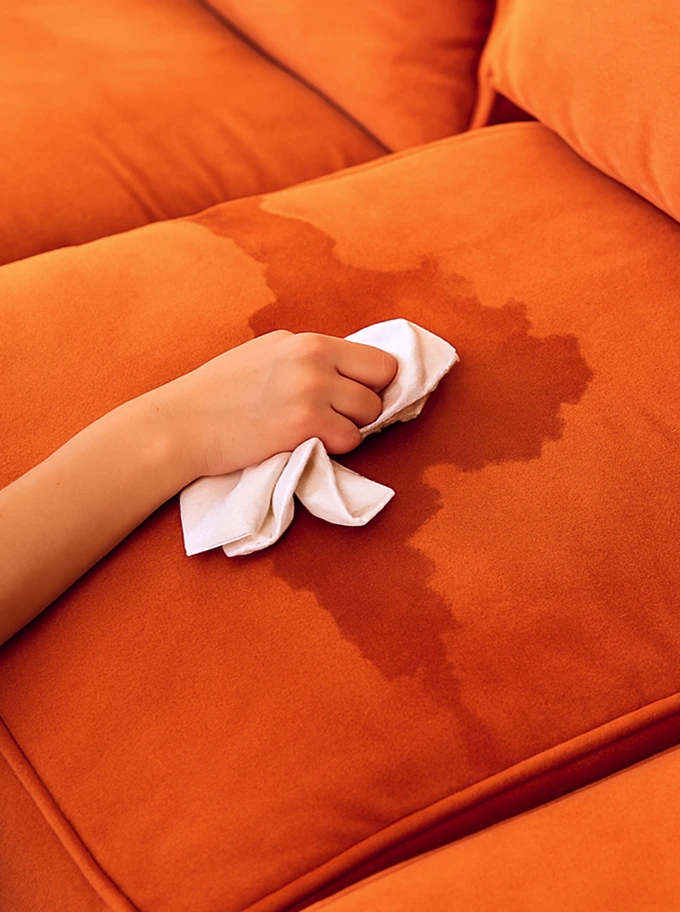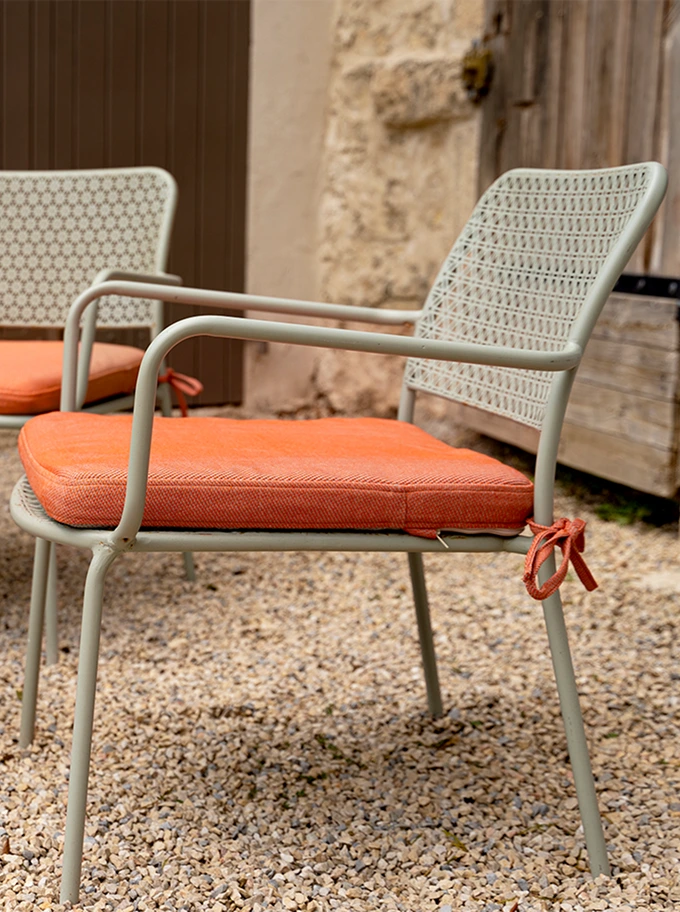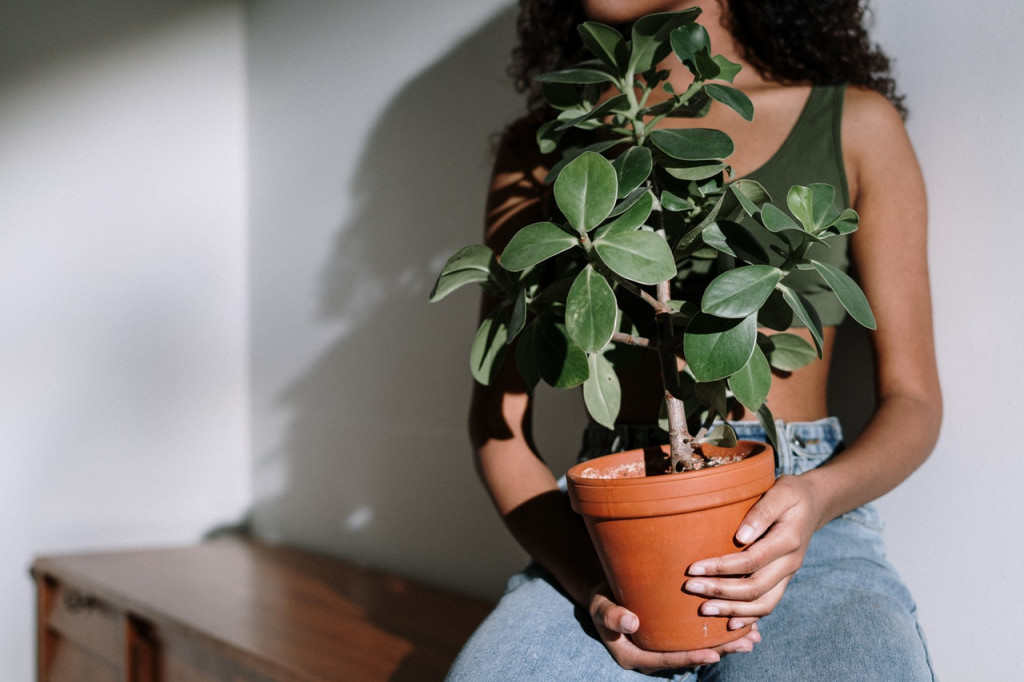
Now that even your previously uninterested friend has a plant – they either chose the plant life or had the plant life thrust upon them, there is no in-between – we can say “everyone has plants” and it wouldn’t really be an exaggeration.
Thanks to the pandemic, nearly everyone has been seized by the urge to make their space green. But just how green is ‘green’? Is your hobby actually sustainable? There’s no exact way to measure your ecological footprint in this regard, but here are some simple ways to keep it small.
Shop local
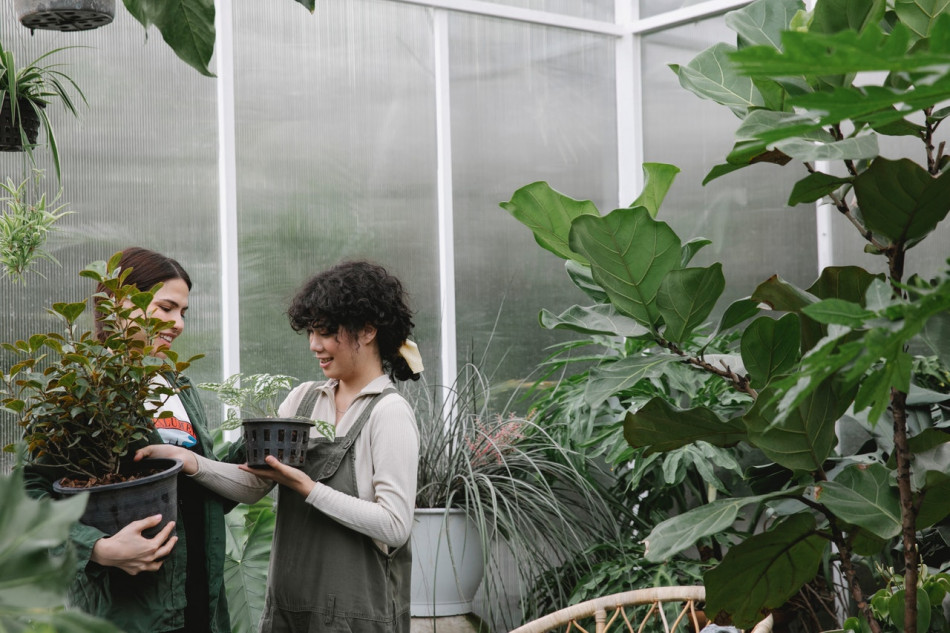
The debate about the relationship between the international plant market and carbon emissions aside, you can be a responsible buyer by acquiring plants from your local garden centres or growers instead of ordering plants online from the other side of the world, which takes up more resources, packaging and energy. And you’ll also be supporting your local economy.
Reuse or donate plastic pots
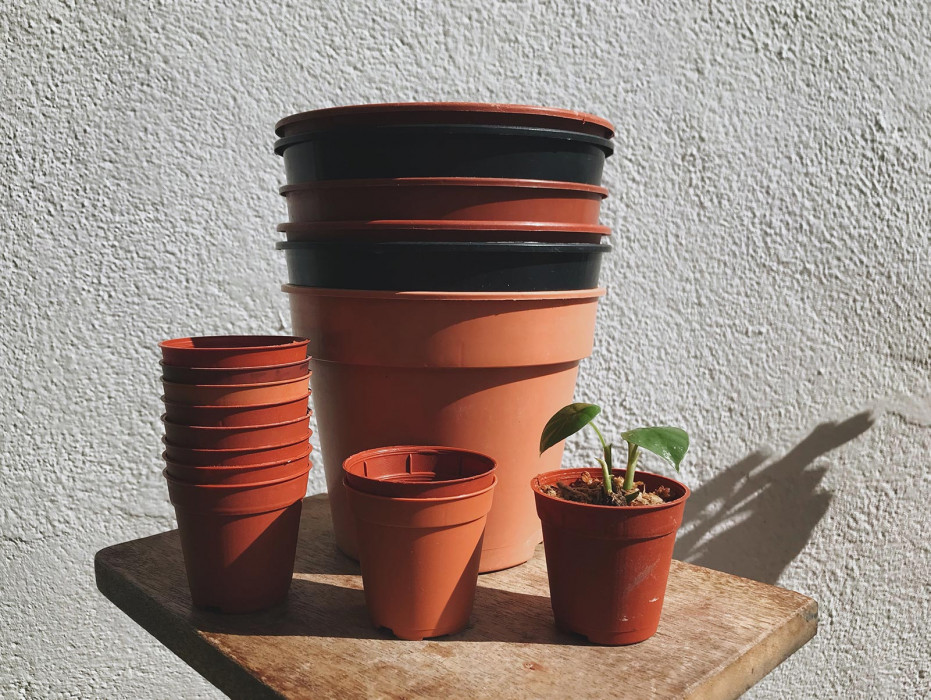
Plants are typically sold in their original plastic nursery pots, which okay, aren’t the most attractive, but don’t bin them. If you don’t like the look, simply get a pretty cachepot to hide it. Plus, growing plants in lightweight plastic pots makes it more manageable, especially with larger species. If you do end up collecting more unrecyclable plastic pots than you need, see if your garden centre collects them, or offer them to a friend who propagates their own plants at home – they’ll need those pots!
Propagate for plant swaps
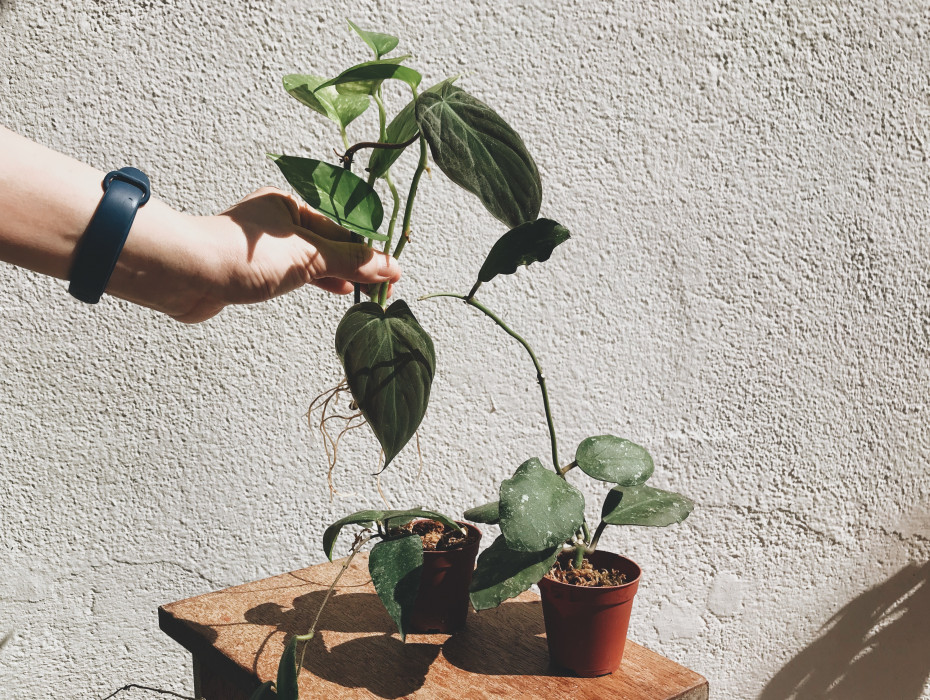
Share the love at plant swaps, where in some cases, you won’t even need pots. Bring cuttings or plants you want to give away to exchange for species you don’t have. You’ll expand your collection without the typical (plastic) baggage that comes with shopping brand-new.
Stay organic
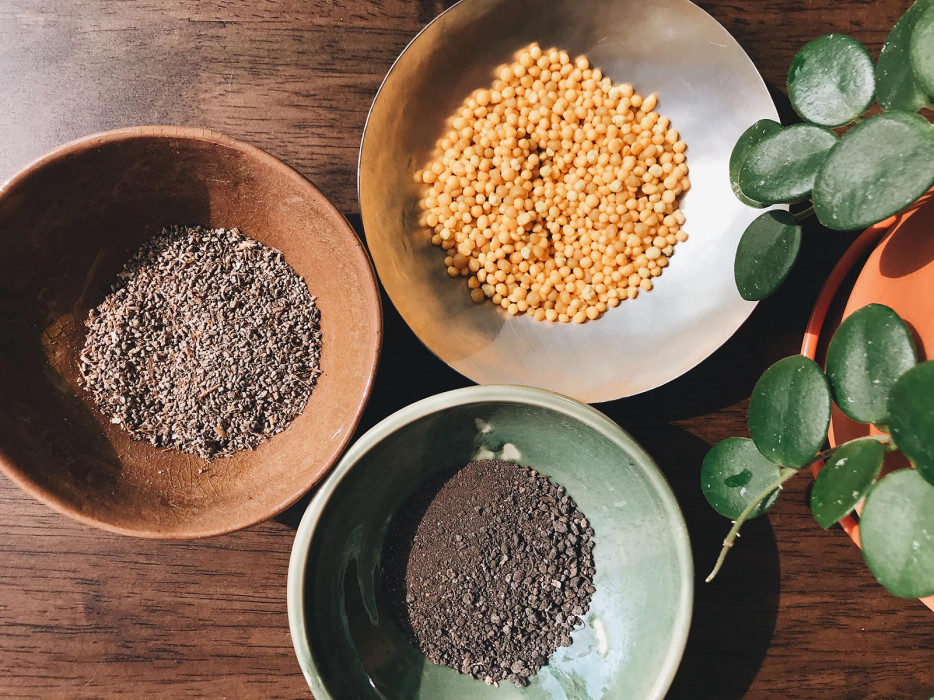
There are pros and cons to both organic and synthetic fertilisers, but the consensus is that organic fertilisers are the way to go in terms of keeping green. Organic fertilisers are usually derived from compost or other organic materials, which are biodegradable and renewable, and less likely to leach chemicals into the ground or waterways. Yay compost! When it comes to pesticides, organic neem oil-based ones are effective on a number of common sucking pests like aphids, mealybugs and scale.
Check your electricity and water usage
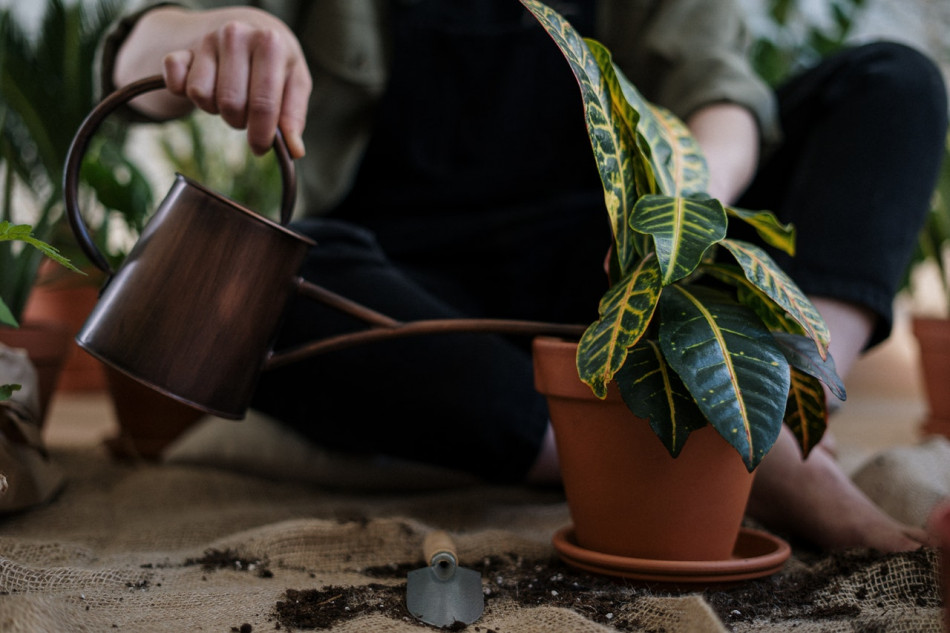
Staying sustainable also means reducing waste. Hand-watering plants instead of using sprinklers saves water. Collect rainwater to water your plants with. If you use grow lights – north-facing folk, we feel you – put them on a timer so they don’t stay on all day, to keep your energy consumption and electricity bill low.
Buy plants that suit your home
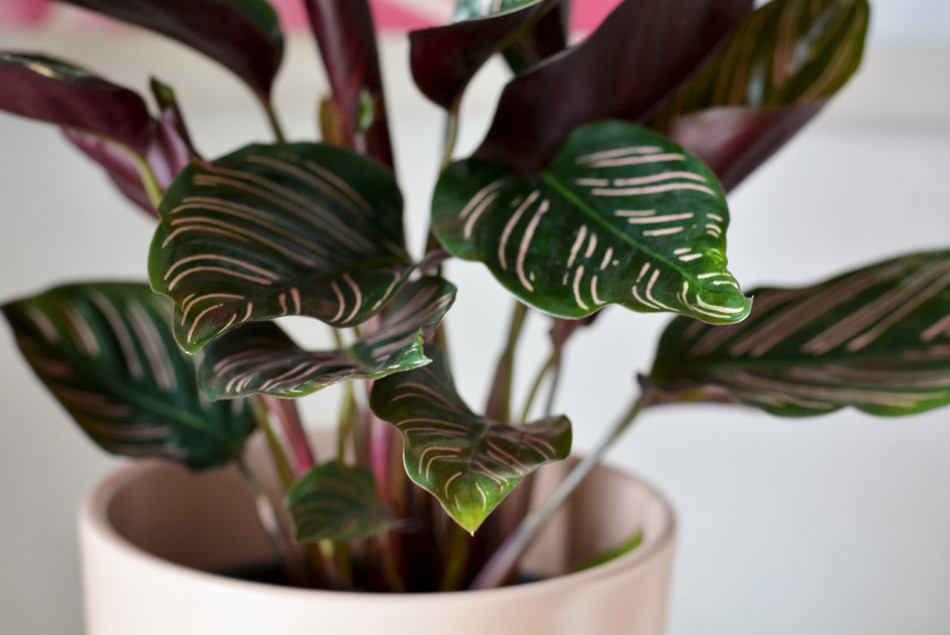
In other words, don’t just do it for the ’gram. That calathea looks so good at the shop, yes, but it all changes when you take it home. Do your research before purchasing a plant to see if you can give it what it needs. Think light levels, humidity, and general maintenance. Otherwise, you’re setting yourself up for a dead plant, or a crispy-edged one, at best. Calathea heartaches, IYKYK.
Leave wild species be
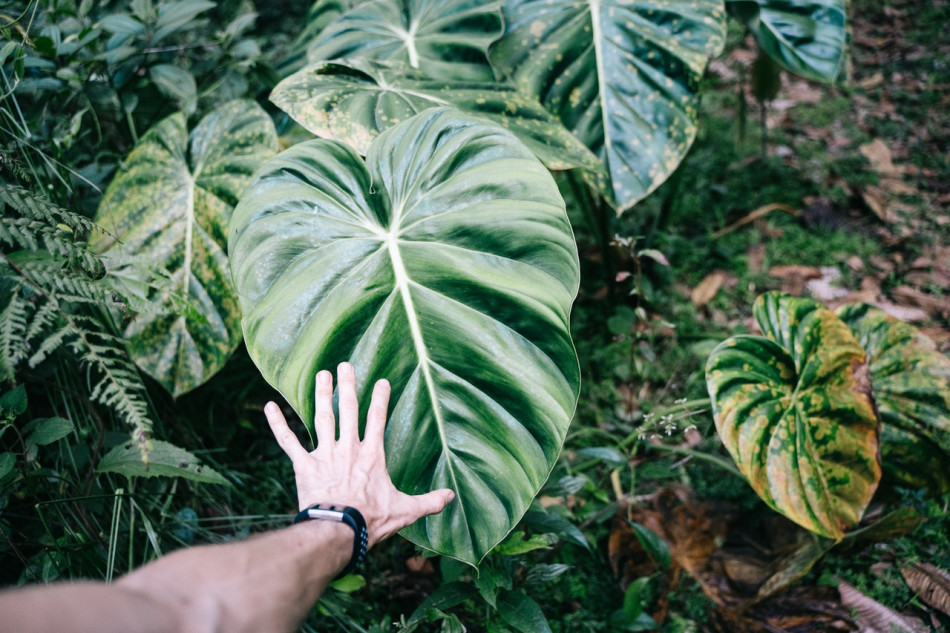
It’s one thing for an expert to take choice samples of a plant in the wild for study and potentially contribute to tissue-culture production of what may later become a popular houseplant, but it’s another thing to uproot wild plants to fuel consumer greed. Plant poaching can render certain species endangered or extinct, and disrupt ecosystems. When exotic plants are introduced to a region and not controlled, they could become invasive species that threaten native plants. With so many varieties of plants available to buy in garden centres, we have more than enough to build our little sanctuary at home, and we don’t need to harm wild species to do it.
Andrea Tim drinks more coffee than she should and has more plants than she should. Follow her plant rants on Instagram @plantcaffeine.











